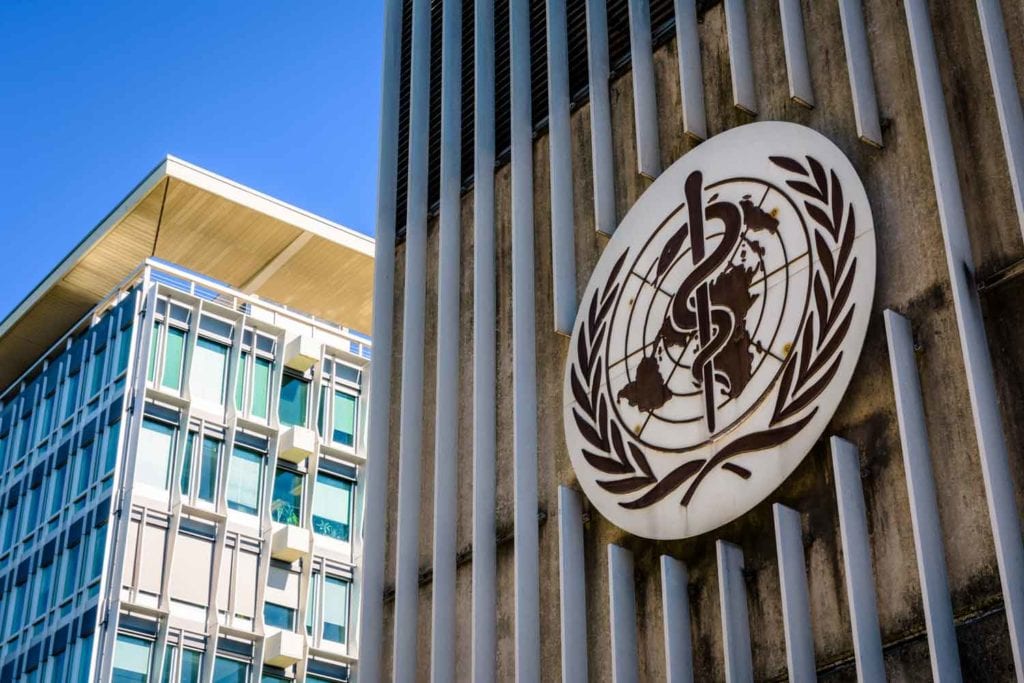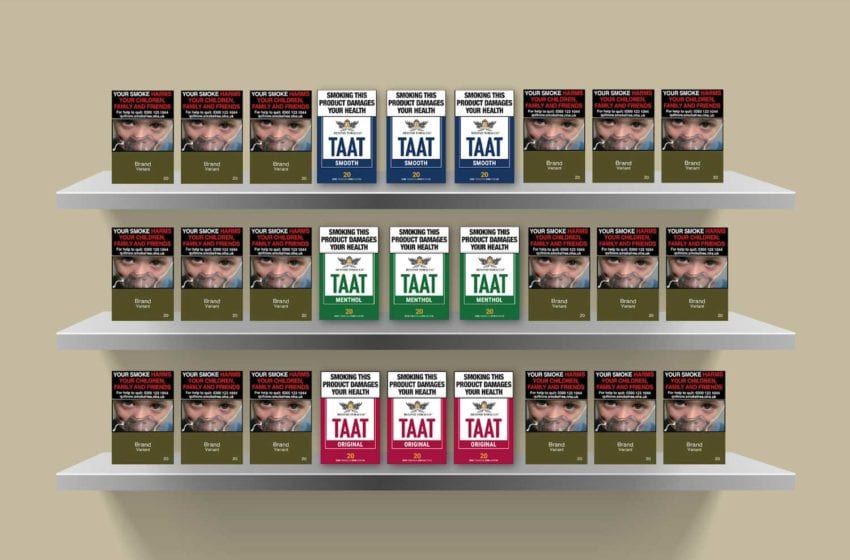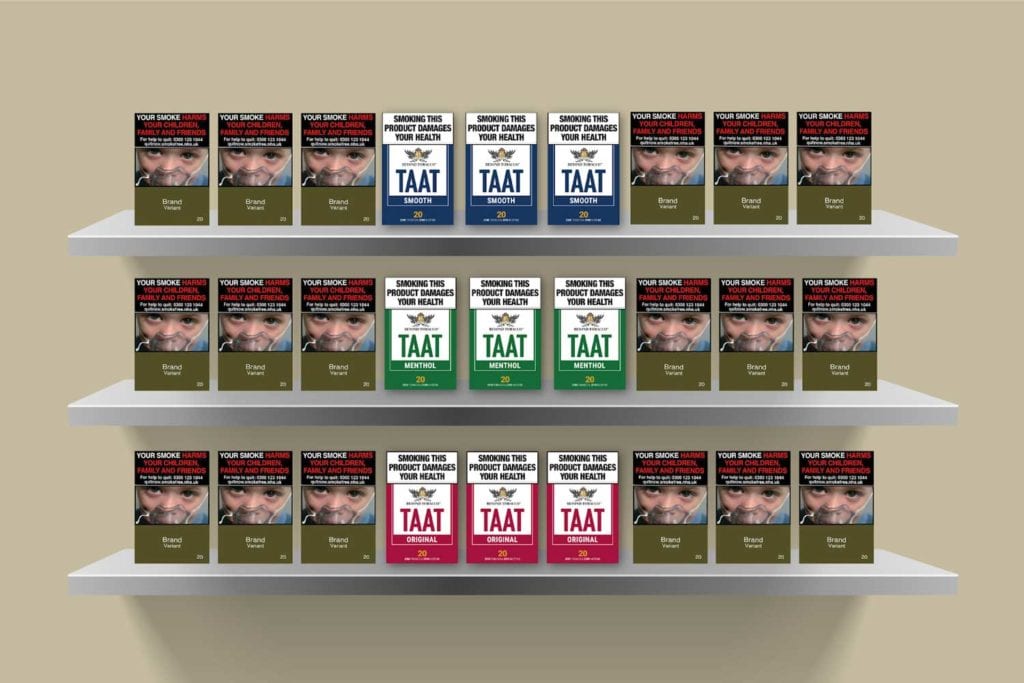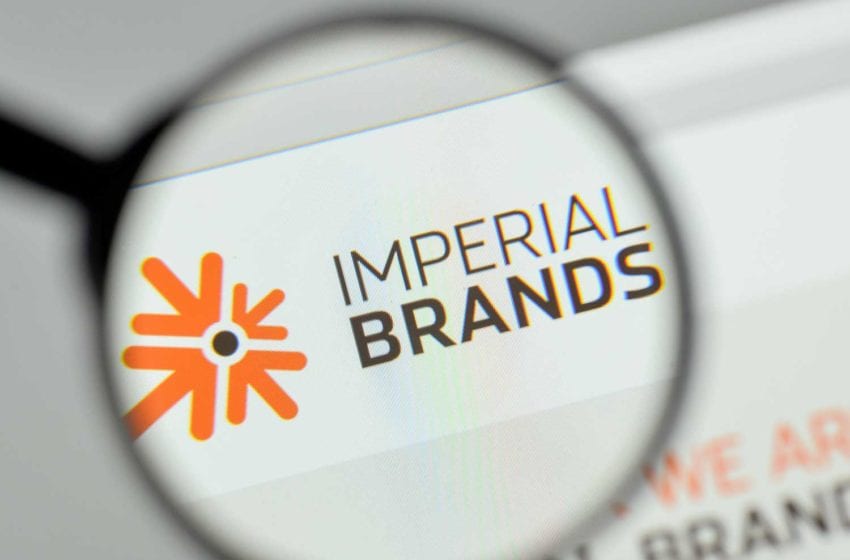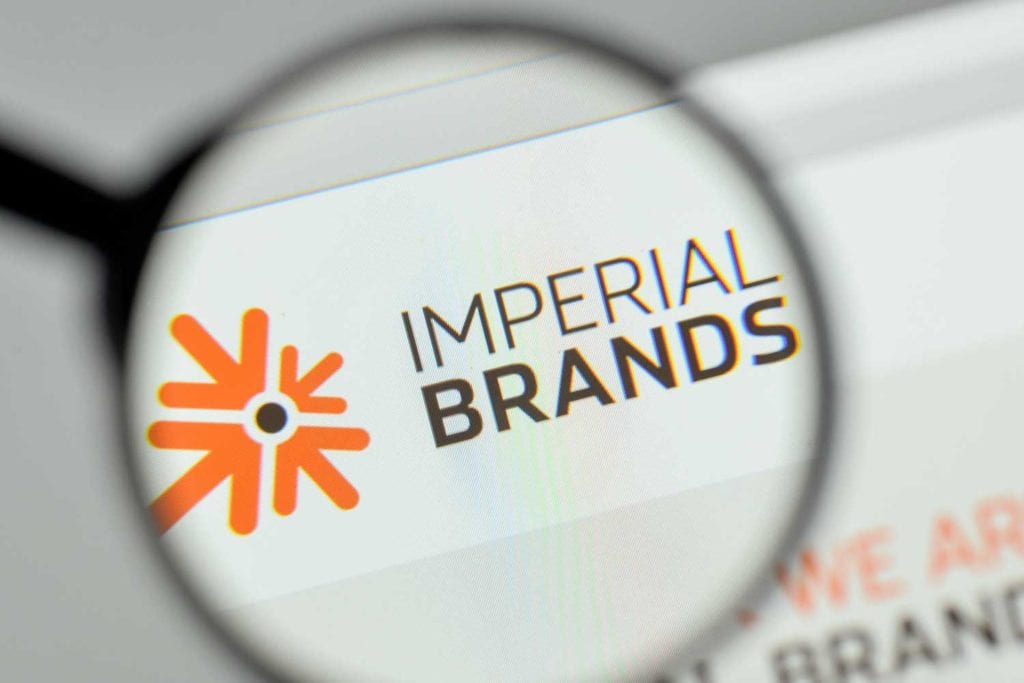
The U.S. Food and Drug Administration’s Center for Tobacco Products has introduced a new webpage on its site entitled “Deemed New Tobacco Product Application Lists.” The webpage lists and features 17 MS Excel files that include over 6 million deemed new tobacco products for which a premarket application was submitted to the FDA by Sept. 9, 2020.
A court order provided for a one-year period during which time such products might remain on the market pending FDA review. If a negative action is taken by the FDA on the application prior to Sept. 9, 2021, the product must be removed from the market or risk FDA enforcement. If a positive order is issued by the FDA on a product in the below lists, the product will be listed on the positive marketing orders page and may continue to be marketed according to the terms specified in the order letter.
The FDA stressed it has not independently verified the information provided by applicants about the marketing status of their products. In addition, the list excludes entries of products from companies that did not provide information on current marketing status of their products to the FDA so that the agency could determine whether the existence of the application could be disclosed.
“It is important to note that the lists are not comprehensive lists intended to cover all currently marketed deemed tobacco products that a company generally might manufacture, distribute or sell without risking FDA enforcement,” the FDA wrote on its website.
Companies that submitted their application by the Sept. 9, 2020, deadline can keep their products on the market for one year pending FDA review.
If a negative action is taken by the FDA on the application prior to Sept. 9, 2021, the product must be removed from the market or risk FDA enforcement. If a positive order is issued by the FDA on a product in the lists, the product will be listed on the positive marketing orders page and may continue to be marketed according to the terms specified in the order letter.
The publication of the list likely signals the start of enforcement. The FDA has already issued 111 warning letters to vapor companies in 2021.
Stakeholders in the nicotine business have been anticipating the FDA list for months. In September 2020, the FDA stated that it would publish a list of vapor companies that had submitted PMTAs by the Sept. 9, 2020, deadline. The news came just one week after several retail groups submitted a letter to the agency asking for a published list of applicants.



